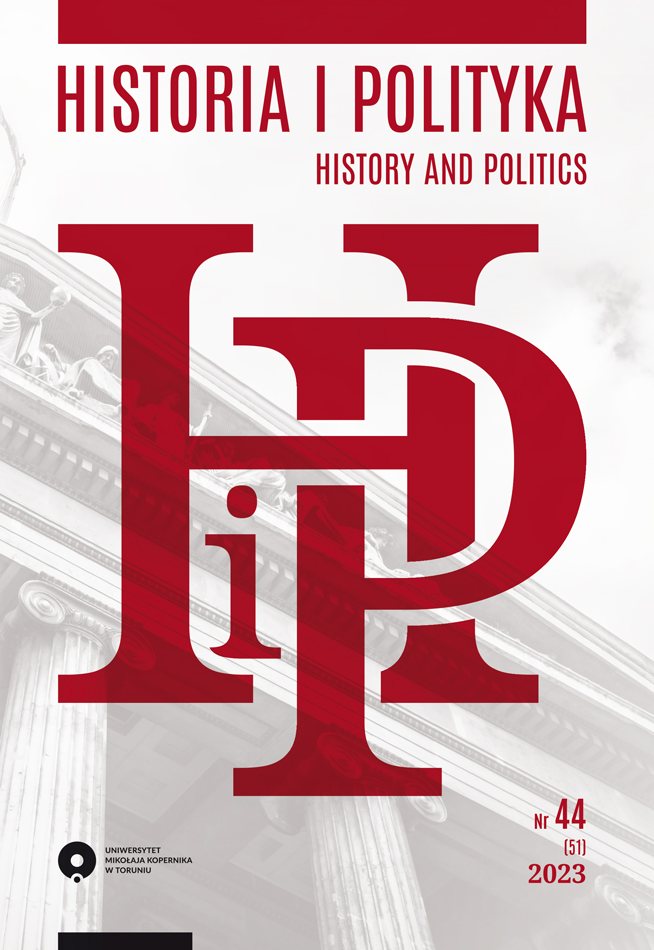Comparison of the Western and Traditional African Methods of Conflict Resolution on the Example
of International Criminal Tribunal of Rwanda (ICTR) and Gacaca Method in the Context of the 1994 Rwanda Genocide
Comparison of the Western and Traditional African Methods of Conflict Resolution on the Example
of International Criminal Tribunal of Rwanda (ICTR) and Gacaca Method in the Context of the 1994 Rwanda Genocide
Author(s): Brian CHAGGUSubject(s): International Law, Human Rights and Humanitarian Law, Public Law, Peace and Conflict Studies
Published by: Wydawnictwo Naukowe Uniwersytetu Mikołaja Kopernika
Keywords: conflicts; Gacaca courts; International Criminal Tribunal for Rwanda (ICTR); Western methods of conflict resolution; African traditional methods of conflict resolution;
Summary/Abstract: Local traditions of conflict resolution have been overlooked since the dominant methods of dealing with these issues are often centered on Western approaches to conflict resolution. This highlights the urgent need to prioritize engagement with indigenous knowledge and processes, particularly in conflict resolution and broadening our perspectives. While conflicts continue to rise in Africa (post-independence), we need to revisit the conflict resolution approaches that incorporate local traditions embedded in various African communities. The article highlights African approaches towards conflict resolution in Sub-Saharan Africa, e.g., such methods as Gacaca, in comparison with the Western concepts of conflict resolution. The author’s extensive experience and fascination with African traditions also make it possible to introduce readers to various issues of peace studies of African origins. The qualitative methods with a reliance on various reports from Western and African peace and security experts as well as subject literature discourses on African indigenous conflict resolution methods have been used for the purposes of the article. The author’s analysis is also based on the interviews. Interviews were conducted to evaluate Gacaca courts and the procedures which included confessions, punishment or forgiveness then followed by reconciliation and integration into the society. The interviews included the victims of the genocide, a retired journalist, a former member of the Rwandan government, and a former employee of a non-governmental organization.
Journal: Historia i Polityka
- Issue Year: 51/2023
- Issue No: 44
- Page Range: 73-85
- Page Count: 13
- Language: English

